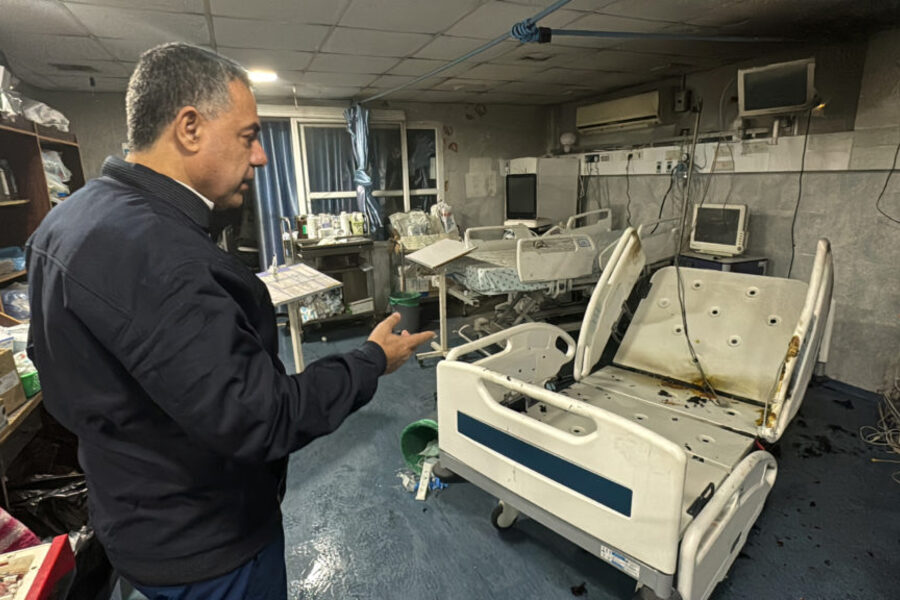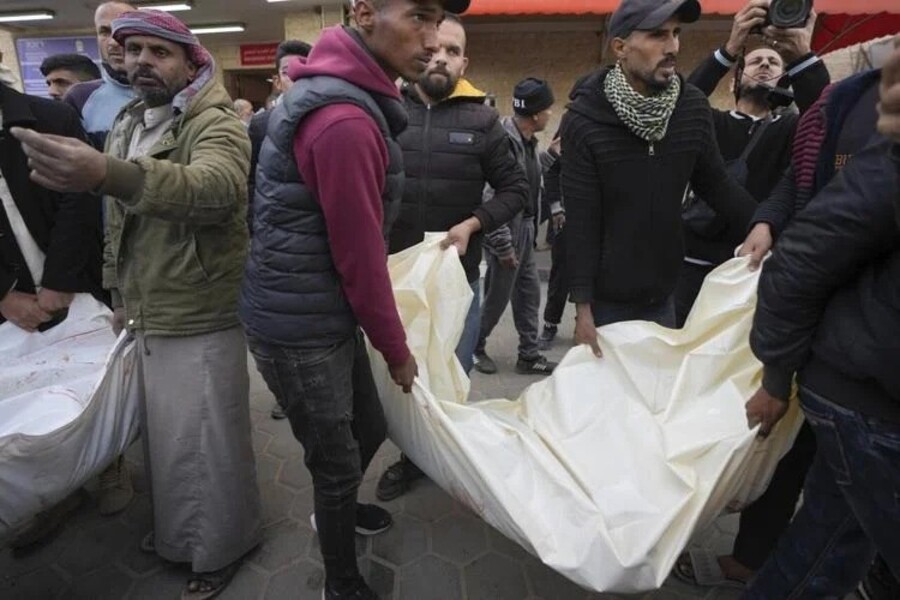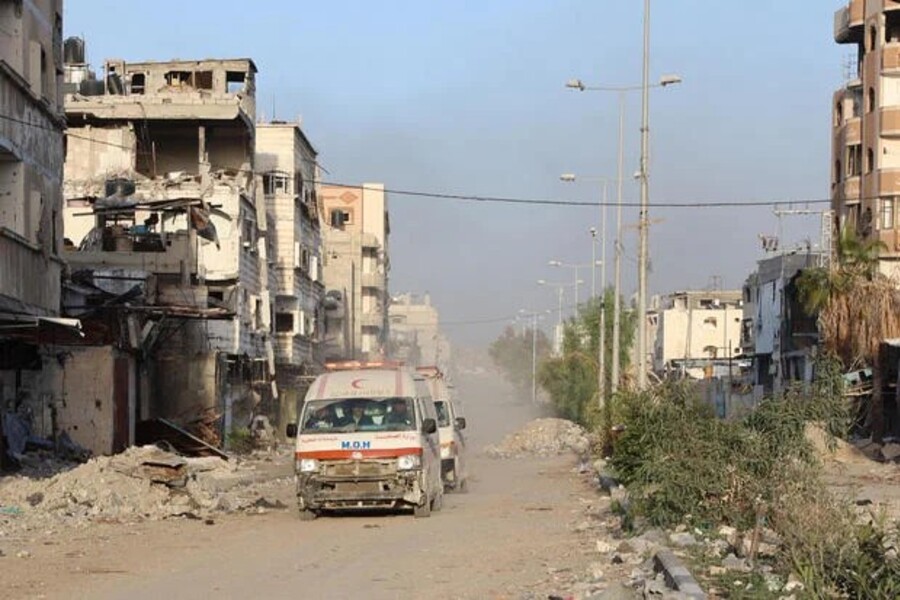Israel’s military has detained the director of one of northern Gaza’s last functioning hospitals, Kamal Adwan Hospital, during a raid on Friday that left medical staff and patients in distress. Dr. Hussam Abu Safiya, who has served as the hospital’s director, was arrested along with several other staff members, triggering condemnation from medical organizations and escalating tensions in Gaza’s already struggling healthcare system.
The raid was part of Israel’s ongoing campaign to target Hamas militants, which Israel claims are operating within civilian infrastructures, including hospitals. However, Israel has not provided substantial evidence to support these claims. The Health Ministry of Gaza confirmed that Dr. Abu Safiya and other detained staff members were taken to an Israeli interrogation center, and Israeli forces stormed the hospital. Many patients were evacuated, and hospital staff were forced into the cold, with reports that they were ordered to strip in winter conditions.
This attack on the hospital, along with previous raids that have killed medical personnel, has devastated Gaza’s healthcare system, leaving it incapable of adequately addressing the needs of a population already battered by months of airstrikes and bombardments. The World Health Organization (WHO) has condemned the repeated targeting of hospitals, and this latest incident has put northern Gaza’s last remaining major health facility out of service, further contributing to the region’s escalating humanitarian crisis.

The situation in Gaza has deteriorated significantly over the past 15 months of Israeli military operations, with over 45,000 Palestinians reported dead and more than 108,000 injured, according to Gaza’s Health Ministry. The majority of the casualties have been women and children. Despite Israel’s assertion that its actions are directed at Hamas, the ongoing airstrikes and military raids have decimated civilian infrastructure and led to widespread suffering.
As of Saturday, Israel’s military continued its bombardment, killing at least nine people, including women and children, in the Maghazi refugee camp. The health ministry in Gaza reported that 48 people had been killed in just the past 24 hours. Hospitals are overwhelmed, and access to healthcare has been severely restricted.
In response to the ongoing violence, humanitarian organizations and international actors have called for an immediate ceasefire and greater protection for civilian infrastructure, including medical facilities. Despite this pressure, Israel has insisted that its military operations are necessary to eliminate Hamas militants and ensure its security. However, critics argue that the methods used, including airstrikes on hospitals and civilian areas, are disproportionate and violate international humanitarian law.
The situation in Gaza is compounded by the ongoing regional instability. Israel has also been dealing with missile threats from Yemen’s Houthi rebels, who have vowed to continue their attacks on Israel until a ceasefire is reached in Gaza. Israel’s military response to the Houthis has included airstrikes on Yemen, which have further complicated the security situation in the region.

Israel’s actions in Gaza continue to draw condemnation from human rights organizations, who warn that the continued violence and the targeting of medical facilities are exacerbating the humanitarian crisis. The latest raid on Kamal Adwan Hospital is part of a broader pattern of attacks on civilian infrastructure, which has left Gaza’s population without access to basic services like healthcare, food, and clean water. The international community is increasingly calling for Israel to halt its military operations and take steps to protect civilian life and infrastructure.
As the conflict persists, Gaza’s population remains in a desperate situation, with no clear end to the violence in sight. While Israel has vowed to destroy Hamas and dismantle its operations, the toll on Gaza’s civilian population continues to mount. With hospitals and other essential services under constant threat of attack, the future of Gaza’s healthcare system looks uncertain, and the prospects for a peaceful resolution to the conflict remain distant.
The international community remains divided on how to address the ongoing crisis, with some governments supporting Israel’s right to defend itself and others condemning the scale of the violence. As the situation continues to escalate, the need for humanitarian intervention and a negotiated ceasefire becomes more urgent. Until that happens, Gaza’s health infrastructure remains in jeopardy, and its people continue to endure unimaginable suffering.


